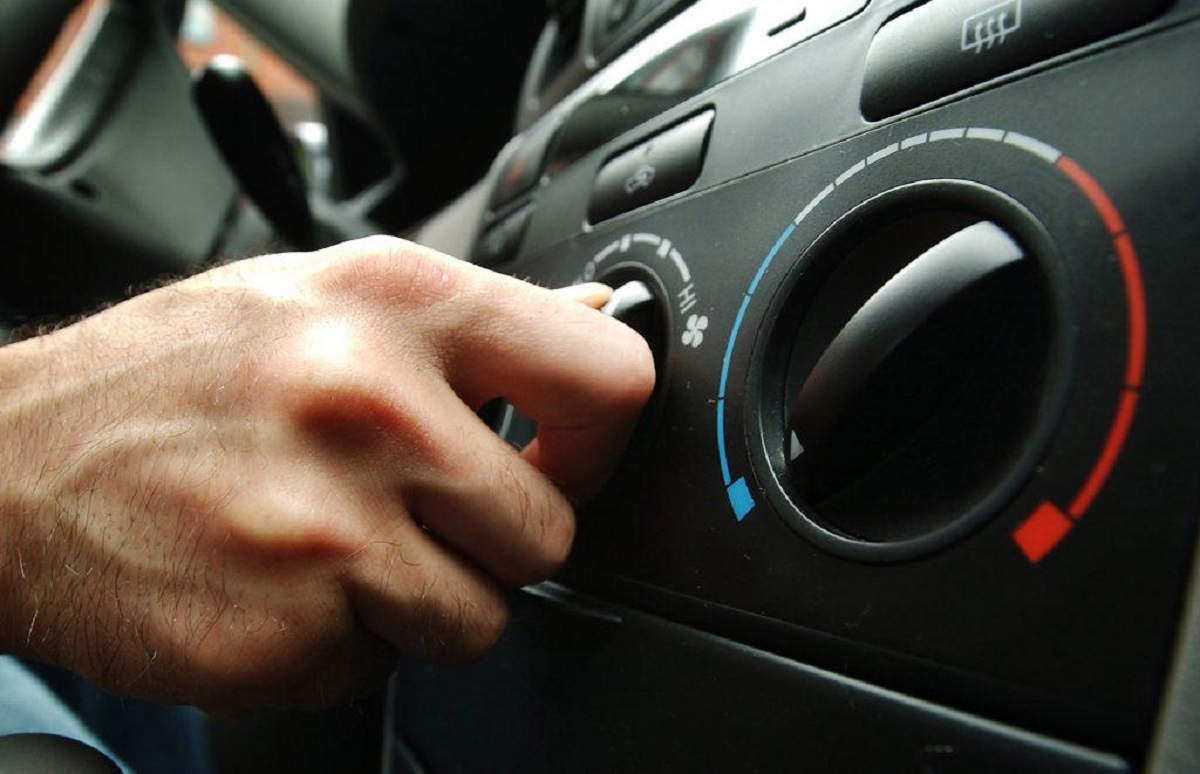

Articles
Why Doesnt My AC Work In My Car
Modified: January 6, 2024
Discover the reasons why your car's AC might not be working and find helpful articles to troubleshoot and fix the issue.
(Many of the links in this article redirect to a specific reviewed product. Your purchase of these products through affiliate links helps to generate commission for Storables.com, at no extra cost. Learn more)
Introduction
Having a properly functioning air conditioning system in your car is essential for a comfortable and enjoyable driving experience, especially during hot summer months. However, it can be incredibly frustrating when you turn on your AC and it fails to provide the cool air you desire.
There can be several reasons why your car’s AC is not working as it should. It is important to have a basic understanding of these common issues so that you can troubleshoot them yourself or seek professional assistance if necessary.
In this article, we will explore some of the most common reasons why your AC may not be working in your car, the symptoms that indicate a malfunctioning system, and some DIY troubleshooting tips that you can try before contacting a professional.
By gaining insight into these issues and learning how to identify them, you can save time, money, and hassle by addressing the problem efficiently.
Key Takeaways:
- Keep an eye (and nose) out for signs of AC trouble, such as lack of cool air, weak airflow, unusual noises, and strange smells. Addressing these symptoms promptly can help you identify and resolve issues before they escalate.
- When in doubt, seek professional help for complex AC issues, safety concerns with electrical components, and warranty coverage considerations. A qualified mechanic can provide accurate diagnosis, efficient repairs, and peace of mind for optimal AC performance.
Read more: Why Does My AC Smell In My Car
Common Reasons for AC Failure
There are several common reasons why your car’s AC may fail to cool the interior effectively. By understanding these potential causes, you can narrow down the issue and determine the best course of action for repair.
Low refrigerant levels
One of the most common reasons for AC failure is low refrigerant levels. Refrigerant is the substance responsible for cooling the air that is circulated in the AC system. If the refrigerant levels are too low, the AC system will not be able to produce cold air. This may be due to a leak in the system or improper installation.
Faulty compressor
The AC compressor is the heart of the air conditioning system in your car. It is responsible for compressing the refrigerant and circulating it through the system. If the compressor is faulty or not functioning properly, it will result in a lack of cool air. Common signs of a faulty compressor include strange noises or the AC not turning on at all.
Clogged condenser
The condenser is a component of the AC system that helps to release heat from the refrigerant. Over time, the condenser can become clogged with dirt, debris, or other contaminants, reducing its efficiency. When the condenser is obstructed, it cannot effectively cool the refrigerant, leading to a decrease in cooling performance.
Read more: Why Are My Car Windows Not Working
Electrical issues
Electrical issues can also cause AC failure in your car. Problems with the wiring, fuses, or relays can disrupt the flow of electricity to the AC system, preventing it from functioning properly. This may result in a complete failure of the AC or intermittent cooling performance.
It is important to note that these common reasons for AC failure are not exhaustive, and there may be other factors contributing to the issue. If you are unsure about the cause of your AC problem, it is best to consult with a professional mechanic who can diagnose and repair the issue for you.
Symptoms of AC Not Working
If your car’s AC is not functioning properly, there are several symptoms you may notice. Being aware of these symptoms can help you identify and address the issue in a timely manner. Here are some common indications that your AC system is not working as it should:
Lack of cool air
One of the most obvious signs that your AC is not working is a lack of cool air coming from the vents. Even when you have the AC turned on, you may feel warm or ambient air instead of the desired cold air. This could be indicative of low refrigerant levels, a faulty compressor, or problems with the condenser.
Weak airflow
Another symptom of a malfunctioning AC system is weak airflow from the vents. Instead of feeling a strong and consistent stream of air, you may experience a noticeable decrease in the amount of air coming through the vents. This could be caused by issues with the blower motor, clogged air filters, or obstructions in the air ducts.
Read more: Why Soap Dispenser Doesnt Work
Unusual noises
If you hear unusual noises when you turn on the AC, it is a sign that something is wrong. These noises can range from rattling or banging sounds to squealing or hissing noises. Unusual noises may indicate a problem with the AC compressor, a worn-out belt, or a loose component within the system. It is important to address these noises promptly to prevent further damage to the AC system.
Strange smells
Another symptom of a malfunctioning AC system is the presence of strange or unpleasant smells when you turn on the AC. These smells can range from a musty or moldy odor to a foul smell resembling rotten eggs. Strange smells may indicate a mold or bacteria buildup in the evaporator coils, a clogged drain tube, or even a leak in the refrigerant system.
It is important to pay attention to these symptoms and not ignore them. A malfunctioning AC system not only affects your comfort while driving but can also indicate potentially serious issues that require attention. If you experience any of these symptoms, it is recommended to have your AC system inspected and repaired by a qualified technician.
DIY Troubleshooting Tips
Before seeking professional help for your car’s AC system, there are a few troubleshooting steps you can try on your own. These DIY tips may help you identify and potentially resolve some common AC issues. However, keep in mind that if you are not comfortable performing these tasks or if the problem persists, it is best to consult with a qualified mechanic.
Checking refrigerant levels
Low refrigerant levels can cause your AC system to malfunction. You can check the refrigerant levels by using a gauge specifically designed for this task. Locate the low-pressure service port, usually located on the larger of the two AC hoses. Attach the gauge to the port and compare the reading to the manufacturer’s specifications. If the refrigerant levels are below the recommended range, it may indicate a leak or improper charge. In such cases, it is advisable to consult a professional to address the issue properly.
Read more: Why Is My Car AC Not Blowing Cold Air
Inspecting the compressor
The AC compressor plays a crucial role in the cooling process. Start by visually inspecting the compressor for any visible damage or signs of leakage. Ensure that the belt driving the compressor is in good condition and properly tensioned. If you notice any issues like leaks, unusual noises, or a worn-out belt, it may be necessary to have the compressor repaired or replaced by a professional.
Cleaning the condenser
Over time, the condenser can accumulate dirt, debris, and other contaminants, affecting its performance. Cleaning the condenser can help improve cooling efficiency. Start by locating the condenser, usually located in front of the radiator. Gently spray water from a hose to remove any debris or dirt buildup. Be careful not to use excessive pressure, as it can damage the fins. If the condenser is heavily clogged or damaged, it may require professional cleaning or replacement.
Testing electrical connections
Electrical issues can also contribute to AC problems. Inspect the electrical connections, including fuses and relays, to ensure they are secure and not damaged. Replace any blown fuses or faulty relays as needed. Additionally, you can use a multimeter to test the continuity of electrical circuits related to the AC system. However, be cautious when working with electrical components, as improper handling can lead to further damage or injury. If you are unsure or uncomfortable with electrical troubleshooting, it is best to leave it to a professional.
Remember, these DIY troubleshooting tips are not exhaustive, and the specific steps may vary depending on your car’s make and model. Use them as a starting point to assess and potentially resolve simple AC issues. If the problem persists or you are unsure about performing these tasks, it is always recommended to consult with a professional mechanic who can provide accurate diagnosis and repair.
When to Seek Professional Help
While it’s possible to troubleshoot and resolve some AC issues on your own, there are instances where it is advisable to seek the expertise of a professional mechanic. Here are some situations when it’s best to consult a professional for help with your car’s AC system:
Read more: Why Is My AC In My Car Blowing Hot Air
Complex issues requiring expert diagnosis
If you’ve tried basic troubleshooting steps and the AC problem persists, it may indicate a more complex issue. AC systems are intricate, and pinpointing the exact cause of a malfunction can be challenging without proper diagnostic tools and expertise. Professional mechanics have the knowledge and experience to diagnose and repair complex AC issues effectively. They can perform thorough inspections, use specialized equipment, and analyze system data to identify the root cause of the problem.
Safety concerns with electrical components
The AC system in your car involves electrical components that can pose safety risks if mishandled. It’s important to exercise caution when working with electrical connections, fuses, relays, or other related components. If you’re not familiar with electrical systems or lack the necessary skills and tools, it’s best to leave this work to a professional. They will have the expertise and safety protocols in place to handle any electrical issues safely and effectively.
Warranty coverage considerations
If your car is still under warranty, it’s worth considering professional help for AC repairs. Many warranties require that repairs and maintenance be performed by authorized service centers or dealerships to maintain coverage. Attempting DIY repairs or seeking assistance from unauthorized mechanics can potentially void your warranty. By going to a professional, you can ensure that the AC system is repaired properly and in compliance with warranty requirements.
Ultimately, the decision to seek professional help depends on your comfort level, expertise, and the specific nature of the AC problem. If you’re unsure or lack the necessary skills and tools, it’s best to consult with a professional mechanic. They can offer accurate diagnosis, efficient repairs, and peace of mind that the AC system in your car will be restored to optimal working condition.
Conclusion
The air conditioning system in your car plays a crucial role in keeping you comfortable during hot weather. When your AC fails to work properly, it can be frustrating and impact your overall driving experience. Understanding the common reasons for AC failure, recognizing the symptoms of a malfunctioning system, and knowing when to seek professional help can help you address these issues effectively.
Low refrigerant levels, a faulty compressor, a clogged condenser, and electrical issues are some of the common reasons why your car’s AC may not work. By being aware of these potential causes, you can narrow down the source of the problem and take appropriate action. Lack of cool air, weak airflow, unusual noises, and strange smells are key indicators that your AC system is not functioning as it should. Paying attention to these symptoms can help you identify the underlying issue and address it promptly.
While some AC issues can be resolved through DIY troubleshooting, it’s important to know when to seek professional help. Complex issues requiring expert diagnosis, safety concerns with electrical components, and warranty coverage considerations are all factors to consider when deciding whether to consult a professional mechanic. Their expertise, diagnostic tools, and understanding of warranty requirements can ensure that your AC system is repaired properly and efficiently.
In conclusion, if you’re experiencing problems with your car’s AC, it’s important to be proactive. By understanding the common causes of AC failure, recognizing the symptoms of a malfunctioning system, and knowing when to seek professional help, you can ensure a comfortable and enjoyable driving experience, even on the hottest of days.
Frequently Asked Questions about Why Doesnt My AC Work In My Car
Was this page helpful?
At Storables.com, we guarantee accurate and reliable information. Our content, validated by Expert Board Contributors, is crafted following stringent Editorial Policies. We're committed to providing you with well-researched, expert-backed insights for all your informational needs.

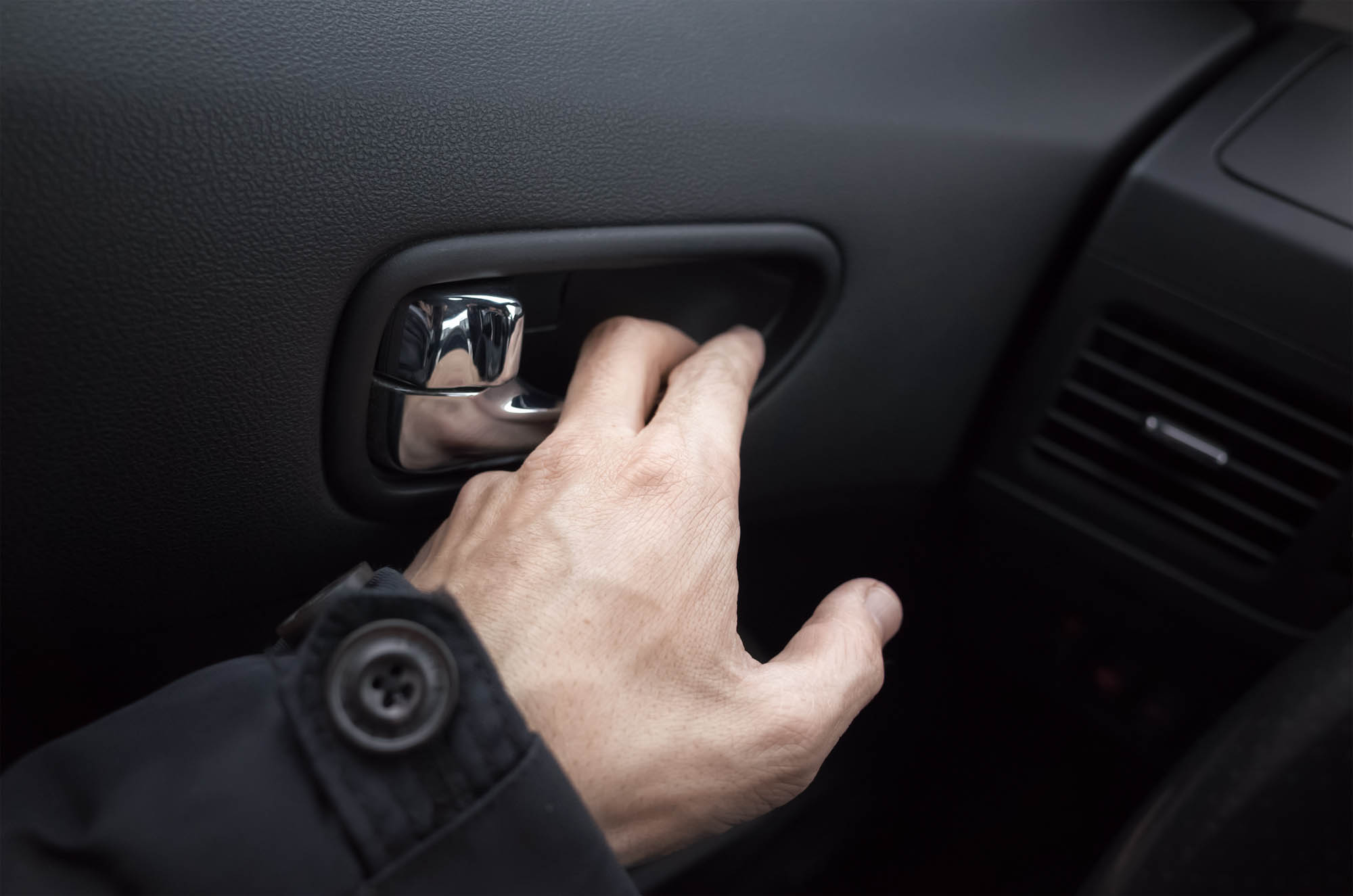
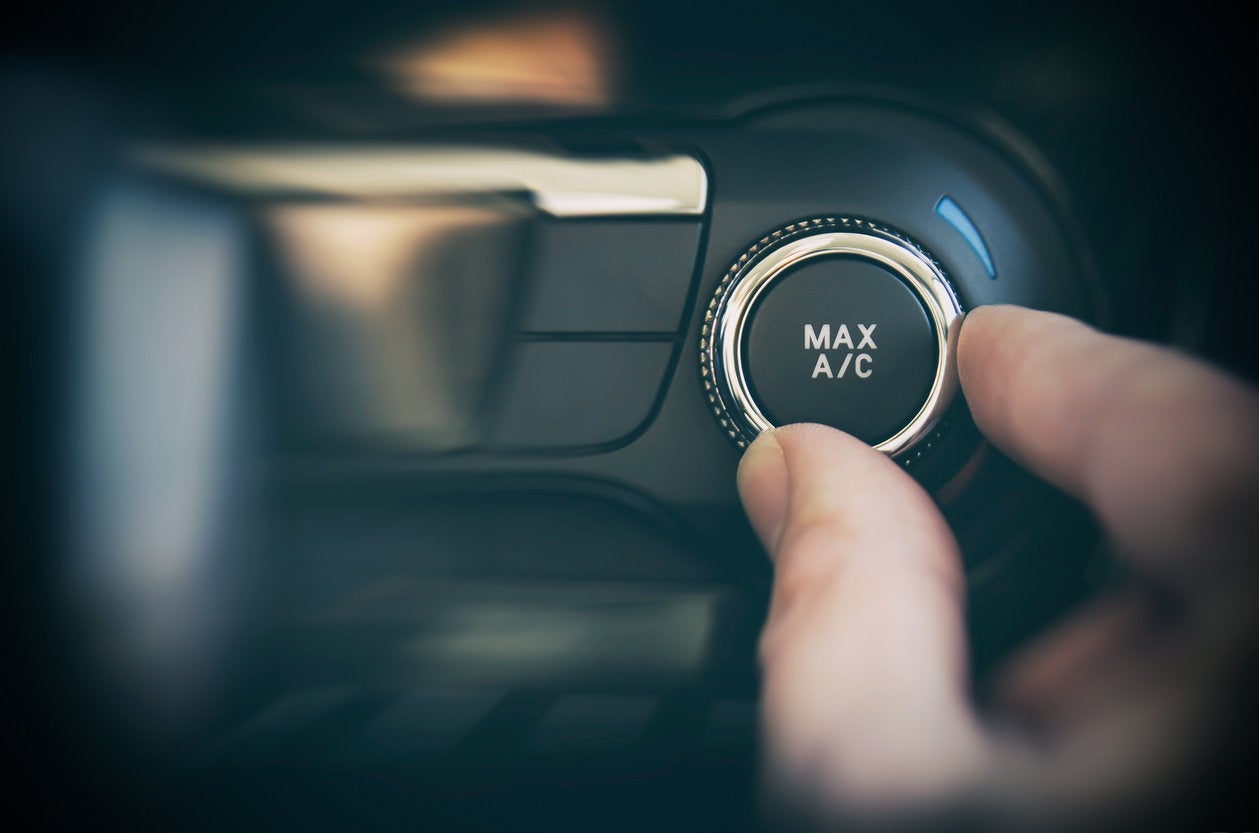
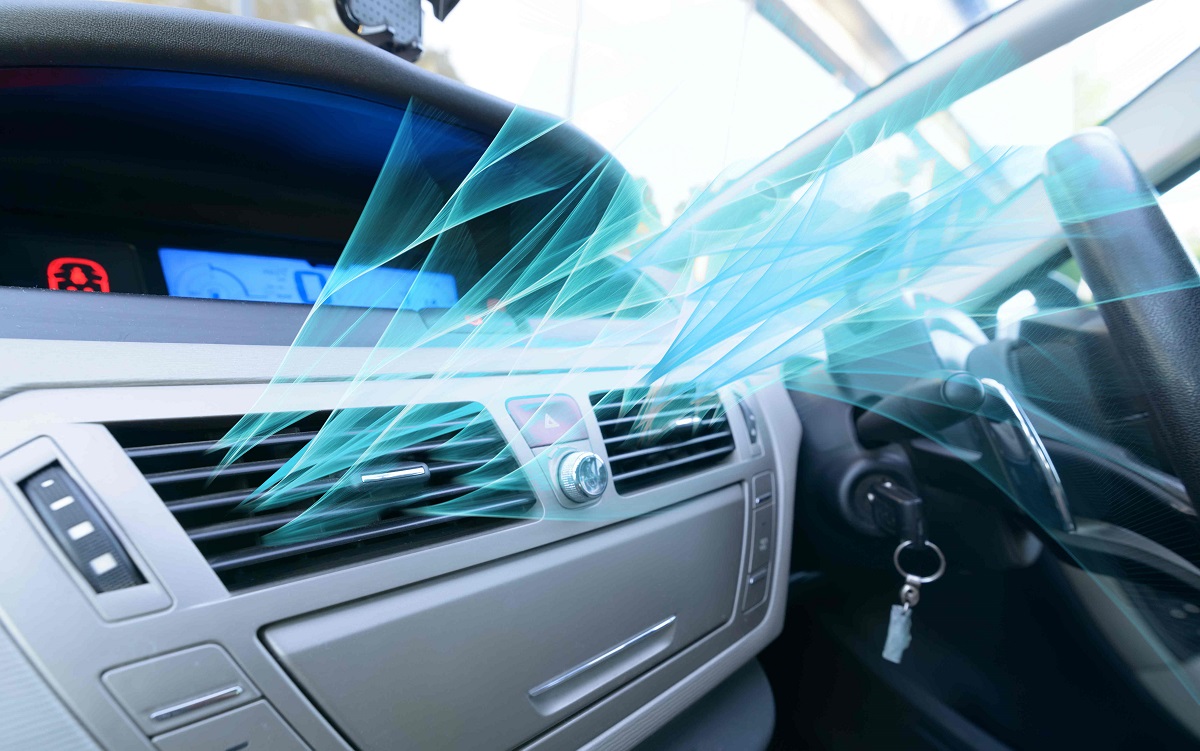

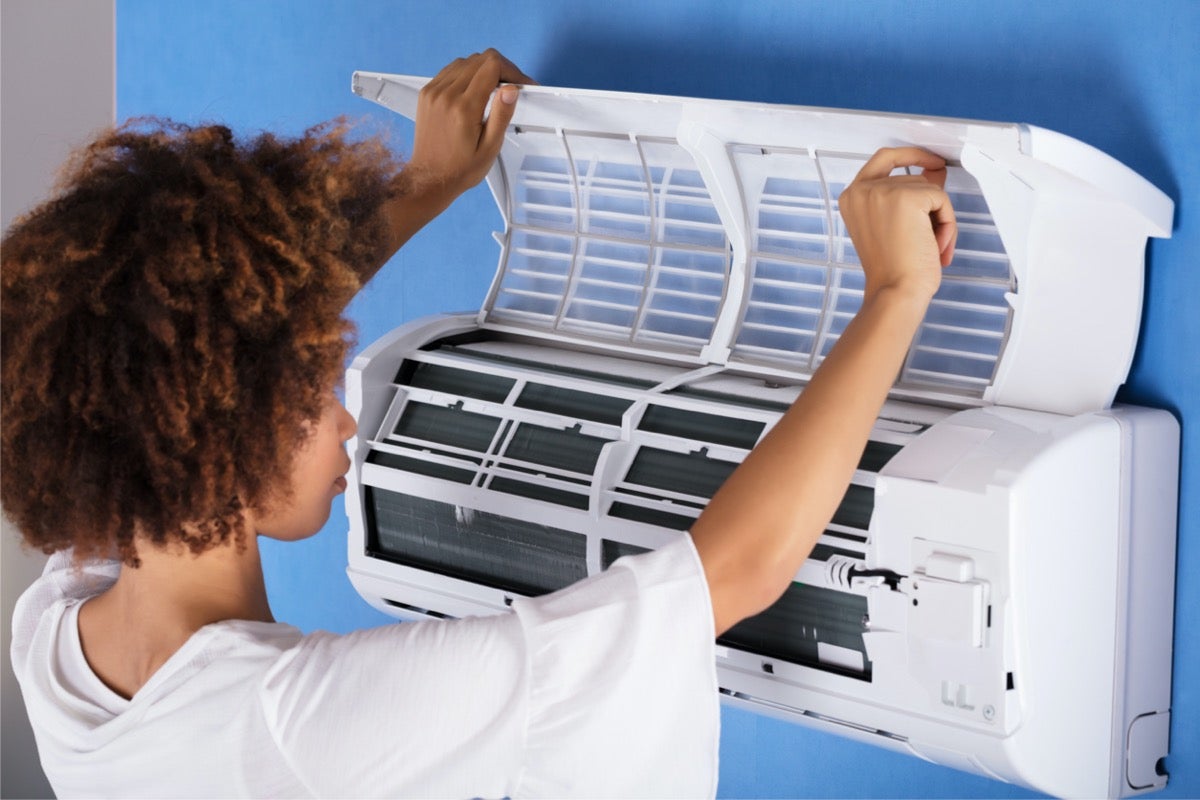
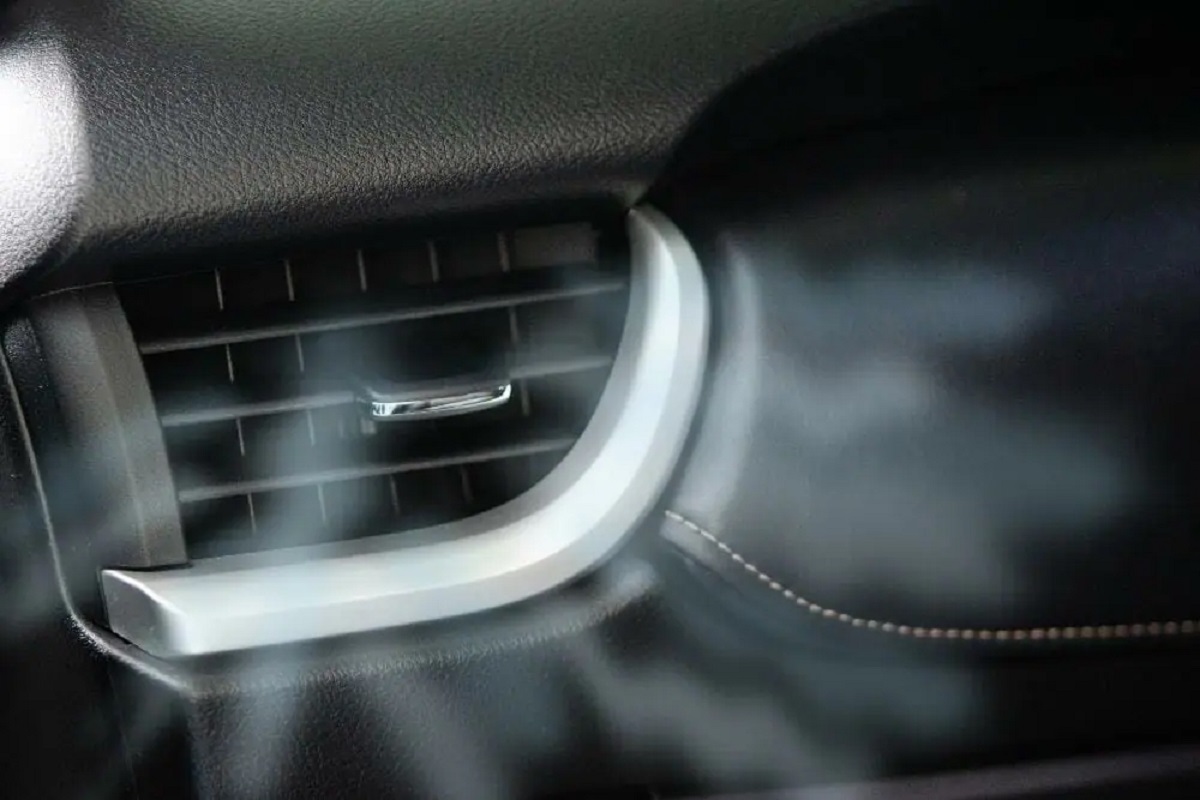

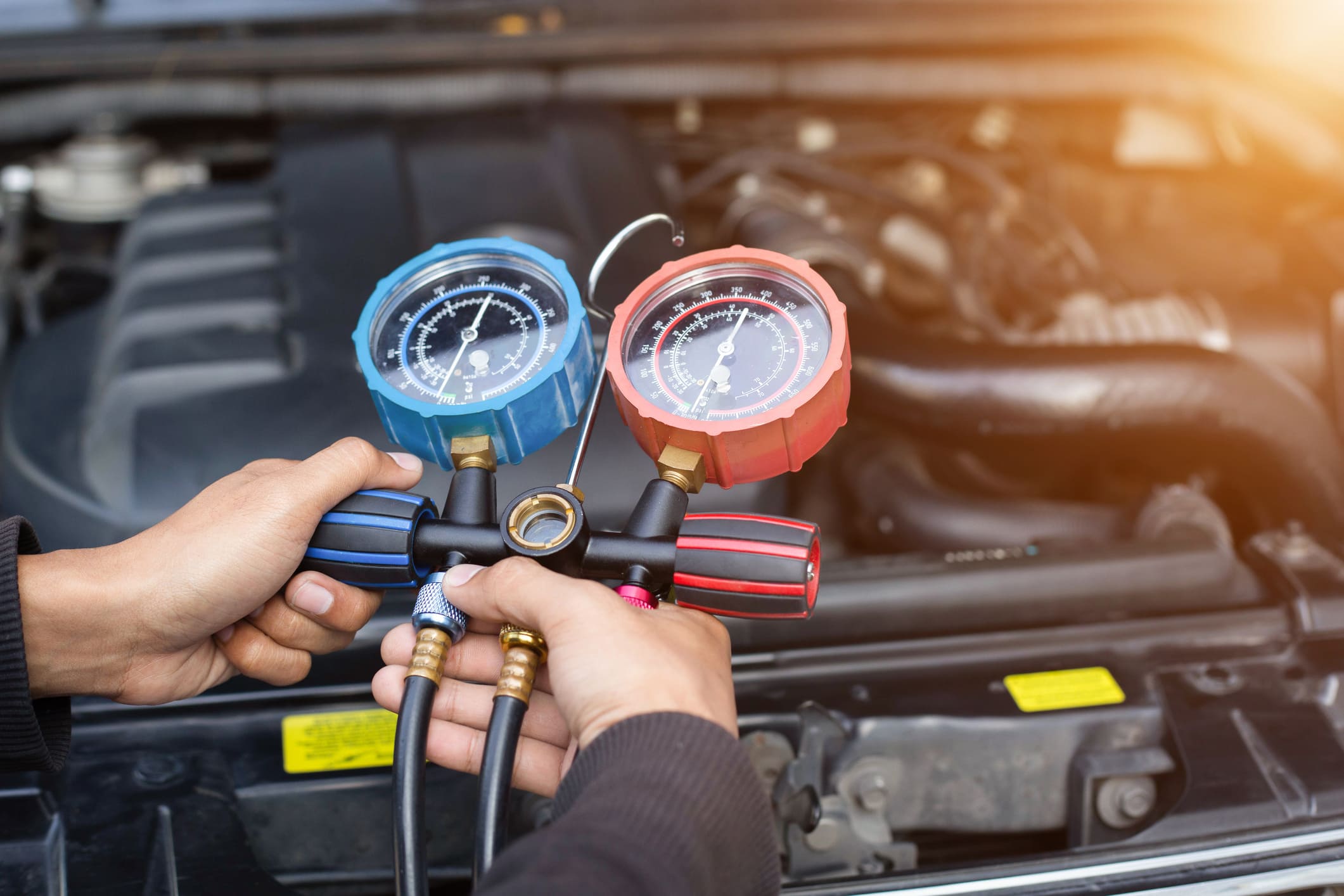
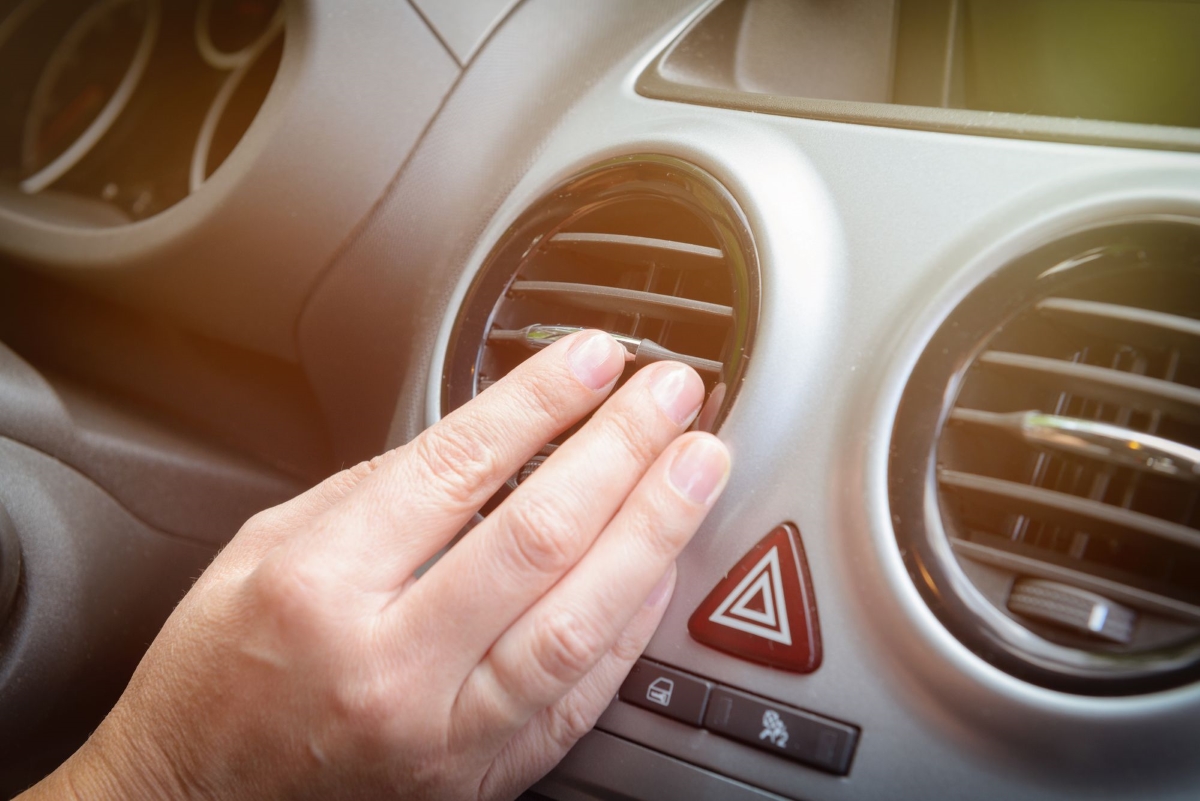


0 thoughts on “Why Doesnt My AC Work In My Car”